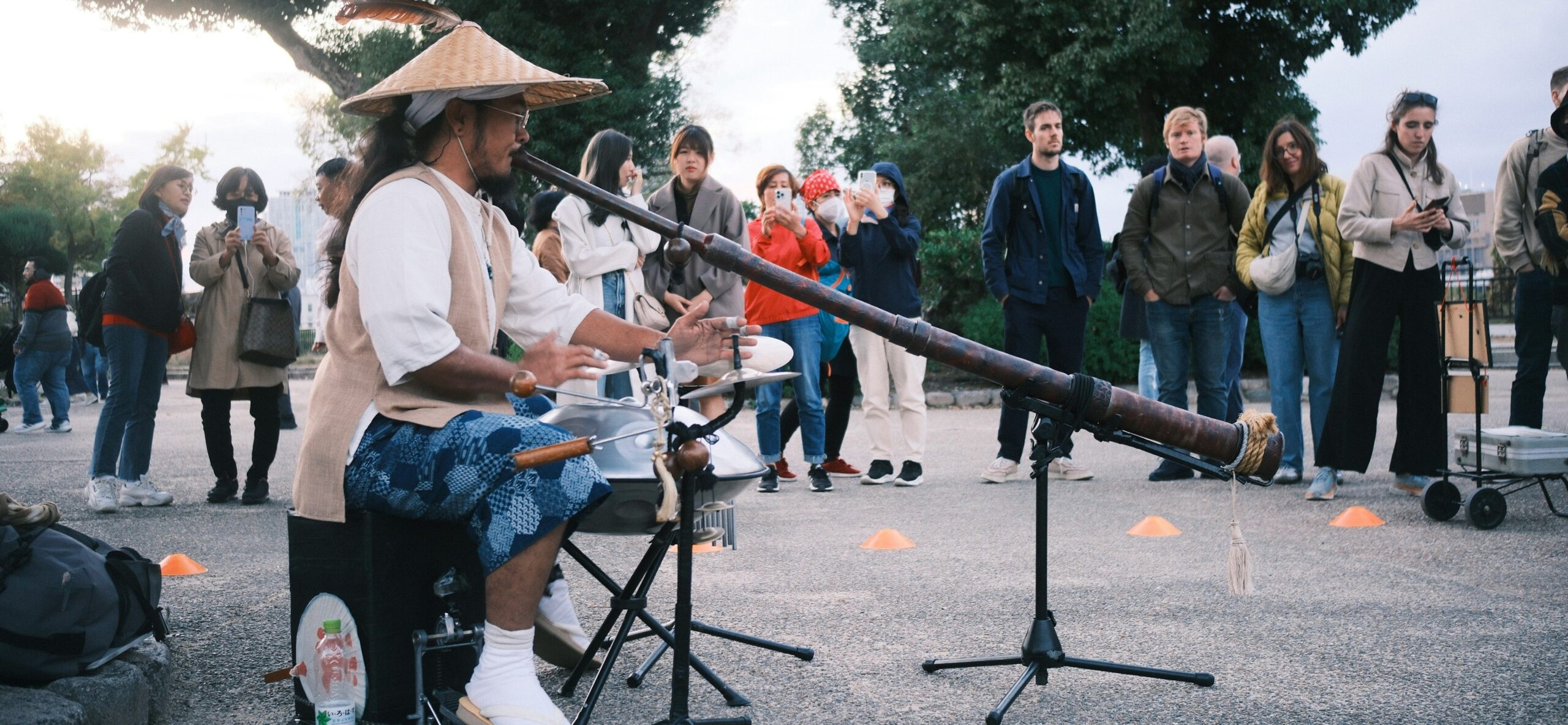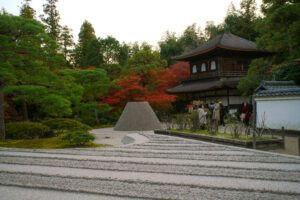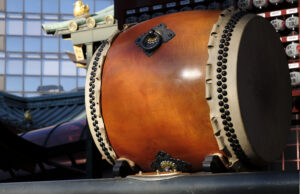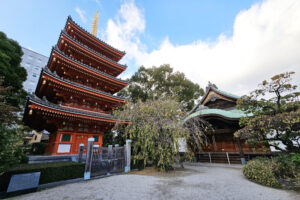In the heart of Japan’s bustling cities, amidst the neon lights and the constant hum of activity, lies a vibrant world often overlooked by the casual observer: the realm of Japanese street performances. This unique aspect of Japanese culture showcases a blend of traditional and modern entertainment, performed by artists who take to the streets to share their talents with the world. This article delves into the colorful and dynamic street performance scene in Japan, exploring the diverse range of acts, the evolution of performances, and the challenges and triumphs faced by these dedicated artists.
Unveiling Japan’s Street Performance Scene
The Japanese street performance scene is a kaleidoscope of talent and creativity, offering everything from ancient traditional arts to modern, cutting-edge acts. In cities across Japan, from Tokyo’s bustling Shibuya crossing to the quieter streets of Kyoto, performers of all kinds make the urban landscape their stage. These artists, known locally as ‘performers,’ bring life and energy to the streets, creating a unique cultural experience for locals and tourists alike. Whether it’s a classical musician playing an ancient instrument or a breakdancer showcasing modern moves, the street performance scene in Japan is a testament to the country’s rich cultural heritage and its ongoing evolution.
The Art of Captivating Crowds: A Closer Look
Captivating a crowd on the busy streets of Japan requires not only talent but also an undeniable charisma. Street performers, with their diverse acts, must instantly engage passersby, transforming the sidewalk into a stage and the casual stroller into an audience member. This art of engagement relies heavily on the performer’s ability to create a connection, often through eye contact, interactive elements in their act, or the sheer novelty of their performance. From the mesmerizing movements of a skilled juggler to the haunting melodies of a shamisen player, these artists possess the unique ability to draw people in, creating moments of wonder amidst the everyday rush.
From Tradition to Trend: Evolution of Performances
The evolution of street performances in Japan reflects the broader changes in Japanese society, from traditional to contemporary. Initially, these performances were deeply rooted in Japanese culture, featuring acts like rakugo (comic storytelling) and manzai (stand-up comedy). However, as Japan’s culture has modernized, so too have the performances found on its streets. Today, alongside traditional acts, one can find street performers engaging in trends from around the globe, such as hip-hop dances, beatboxing, and even parkour. This blend of the old and the new highlights the fluid nature of Japan’s street performance scene, mirroring the country’s respect for tradition alongside its embrace of innovation.
Spotlight on Tokyo: Street Performers Redefine Art
Tokyo, Japan’s bustling capital, serves as a prime example of how street performers are redefining the concept of art. In neighborhoods like Shibuya and Shinjuku, performers push the boundaries of traditional street art, incorporating technology, contemporary dance, and even interactive digital installations into their acts. These performances not only entertain but also challenge viewers to reconsider the boundaries between art, technology, and public space. The city’s supportive approach towards street performers, including designated performance areas and events, helps foster this creative exploration, making Tokyo a beacon for street performance innovation.
Osaka’s Alleys: A Stage for Rising Talents
Away from the neon lights of Tokyo, Osaka’s bustling alleys and marketplaces offer a different kind of stage for street performers. Known for its outgoing residents and vibrant food scene, Osaka also boasts a thriving street performance culture. Here, the focus is often on comedy and interaction, with performers using the close quarters of alleyways to create a more intimate performance experience. These settings allow for direct engagement with the audience, making each performance a unique shared moment between the artist and their viewers. Osaka’s contribution to the street performance scene underscores the diversity of venues and styles across Japan, showcasing the breadth of talent the country harbors.
The Instruments of Change: Music in the Streets
Music plays a pivotal role in Japan’s street performance scene, acting as both a bridge between cultures and a medium for individual expression. From the haunting strains of the koto to the energetic beats of a live DJ set, music fills the streets of Japan’s cities, drawing crowds and creating a soundtrack for urban life. These performances, whether solo acts or impromptu bands, highlight the universal language of music, transcending cultural and language barriers to connect performers with their audience. Moreover, the evolving nature of these musical acts, incorporating both traditional Japanese instruments and modern genres, reflects the dynamic landscape of Japan’s street performance culture.
Dancers, Jugglers, and Mimes: Diversity of Acts
The diversity of acts in Japan’s street performance scene is staggering. On any given day, one might encounter classical ballet dancers and avant-garde mimes sharing the same pedestrian thoroughfare, each adding their unique flavor to the tapestry of street art. Jugglers tossing flaming torches might compete for attention with a troupe of traditional Japanese drummers, each performer relying on their skill and passion to captivate an audience. This variety not only entertains but also serves to broaden the public’s exposure to different forms of art, celebrating the diversity and creativity inherent in the human spirit.
Challenges and Triumphs of Street Artists
Despite the vibrant scene, street performers in Japan face numerous challenges. From navigating the legalities of public performances to contending with the unpredictable nature of outdoor venues, these artists must demonstrate resilience and adaptability. Yet, it’s these very challenges that often lead to triumphs, pushing performers to innovate and engage with their audience in meaningful ways. The support of the community, the thrill of live interaction, and the satisfaction of mastering one’s craft in the public eye are among the rewards that keep these artists returning to the streets.
Audience Interactions: The Heart of Performances
The interaction between performers and their audience is what truly brings street performances to life. Unlike in traditional venues, where a clear boundary exists between the stage and the audience, street performances thrive on direct engagement. This immediacy creates a dynamic and interactive form of entertainment, where audience reactions can influence the course of a performance, making each show a unique experience. The appreciation and feedback from onlookers not only provide immediate gratification for the performers but also foster a sense of community and shared experience rare in other forms of entertainment.
The Regulatory Landscape for Performers in Japan
Navigating the regulatory landscape is a critical aspect of street performance in Japan. Regulations vary significantly from city to city, with some areas welcoming performers and others imposing strict limitations. Performers often need to secure permits, adhere to specific time slots, and follow guidelines designed to minimize disruptions. While these regulations are intended to balance the interests of performers, businesses, and the public, they also highlight the ongoing negotiations between street artists and urban communities over the use of public spaces. Understanding and complying with these regulations is an essential part of the street performer’s life in Japan.
Nurturing Talent: Communities and Collectives
The street performance scene in Japan is supported by a network of communities and collectives that nurture emerging talent. These groups provide not only practical support, such as sharing information about performance opportunities and navigating regulations but also foster a sense of belonging among performers. Workshops, collaborative events, and social media platforms allow artists to exchange ideas, refine their acts, and collaborate on projects. This communal aspect of street performance culture helps sustain the vibrancy and diversity of the scene, ensuring that it remains a fertile ground for creative expression.
Future Beats: The Next Generation of Street Artists
As the street performance scene in Japan continues to evolve, the next generation of artists is already emerging, bringing with them new ideas and forms of expression. These young performers, influenced by global trends and equipped with social media savvy, are redefining what street performance can be. Their innovative approaches, whether through incorporating new technologies or blending different cultural elements, signal a bright future for street art in Japan. As they build on the legacy of those who came before them, these young artists are poised to take the vibrant world of Japanese street performances to new heights.
The streets of Japan offer more than just a pathway from one place to another; they are a canvas for performers, a stage for artists, and a space for cultural expression. From the traditional to the contemporary, the variety of acts enriches the urban environment, creating a vibrant tapestry that reflects the country’s cultural diversity and its dynamic present. As street performers in Japan continue to navigate challenges, engage with audiences, and push the boundaries of public art, they not only entertain but also inspire, proving that the heart of Japan’s artistic spirit pulses strongest in its streets.








